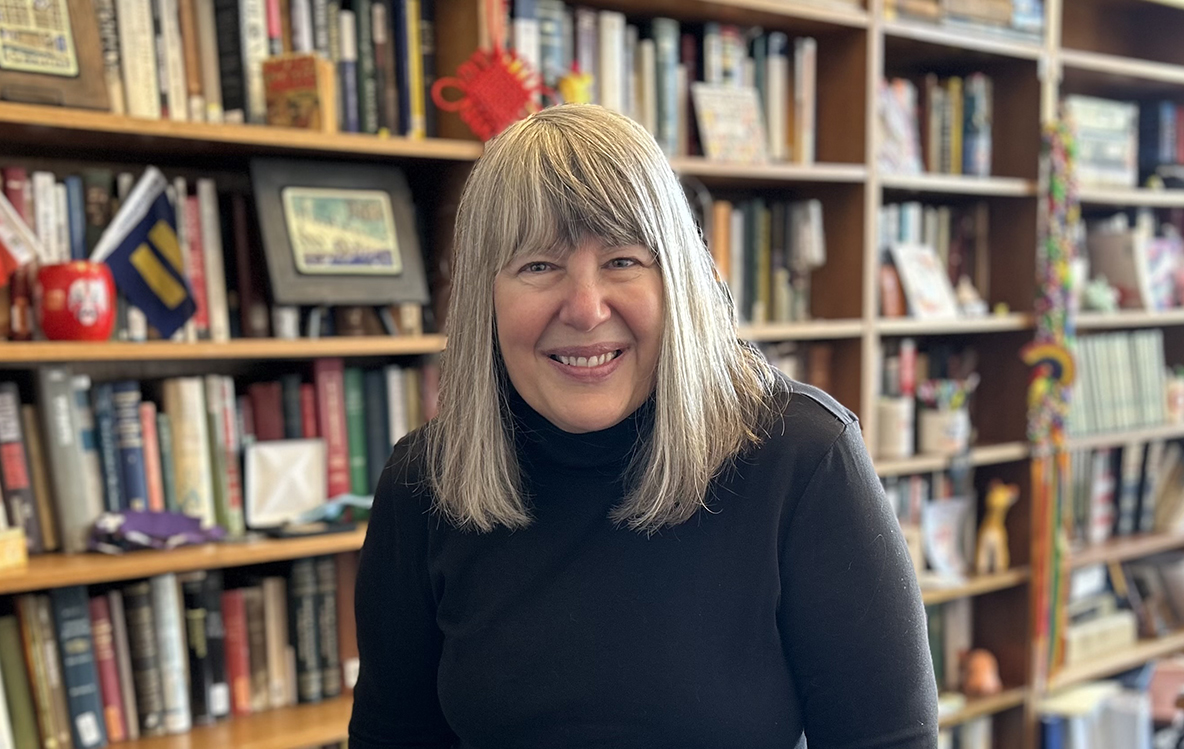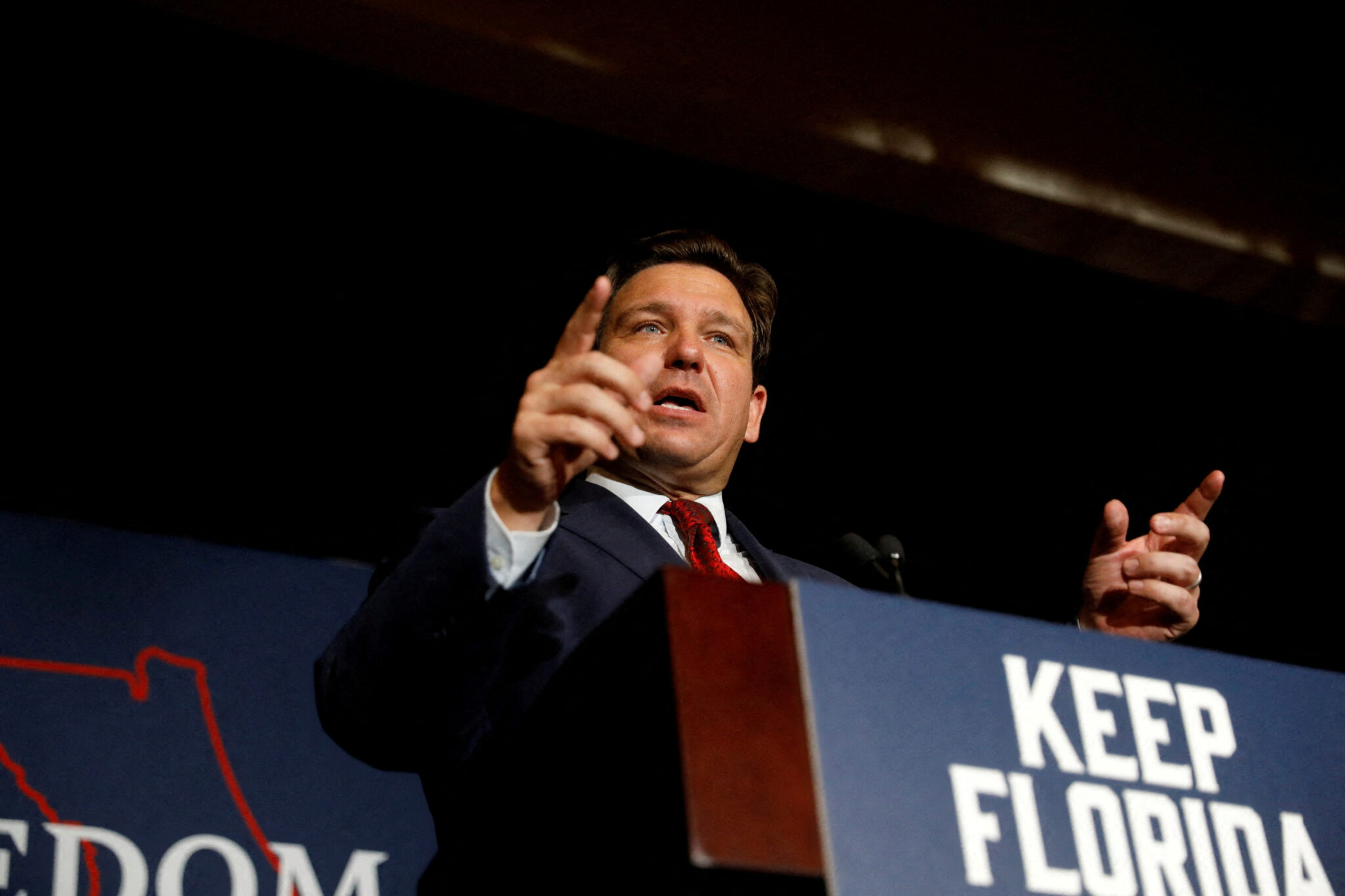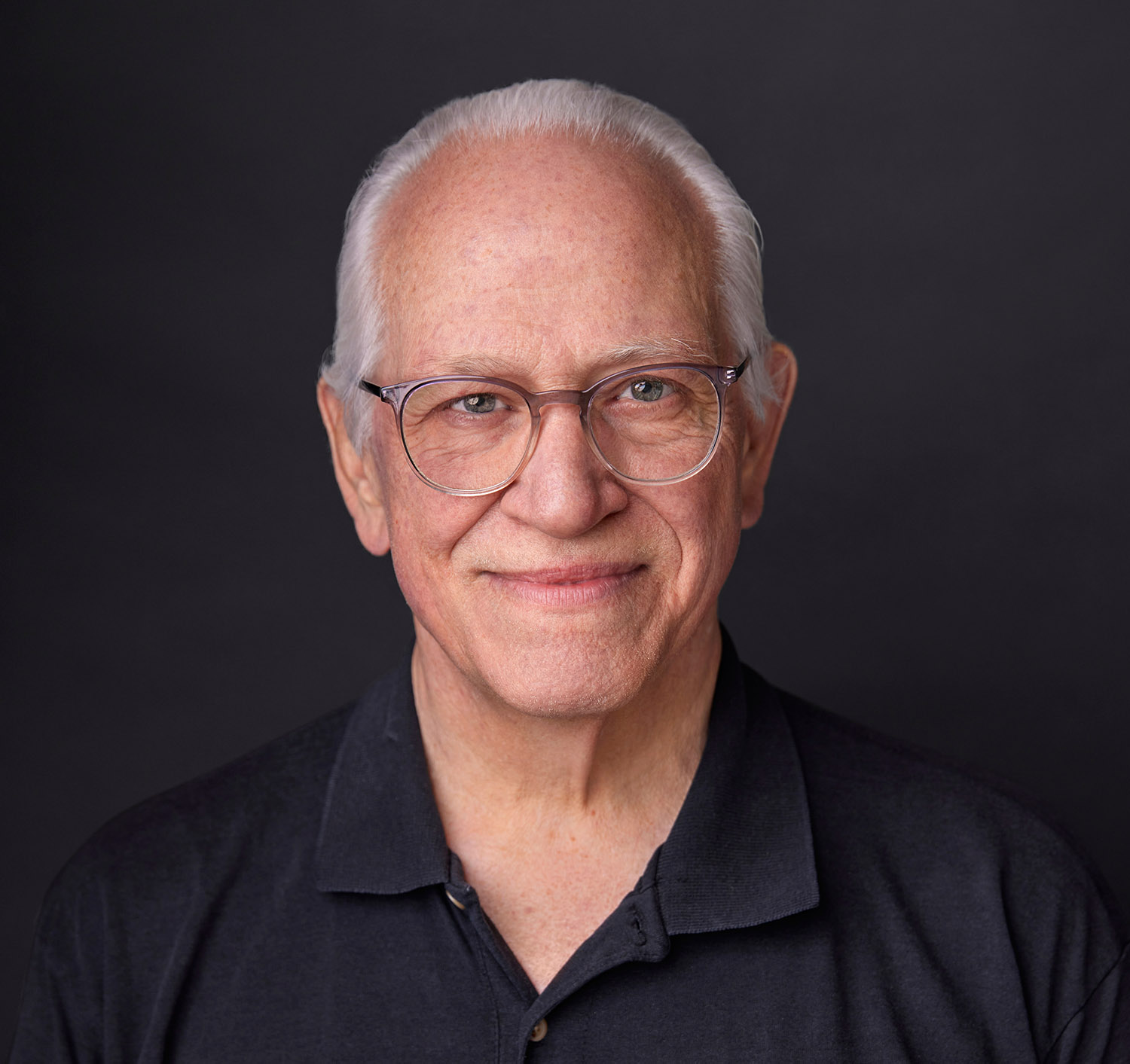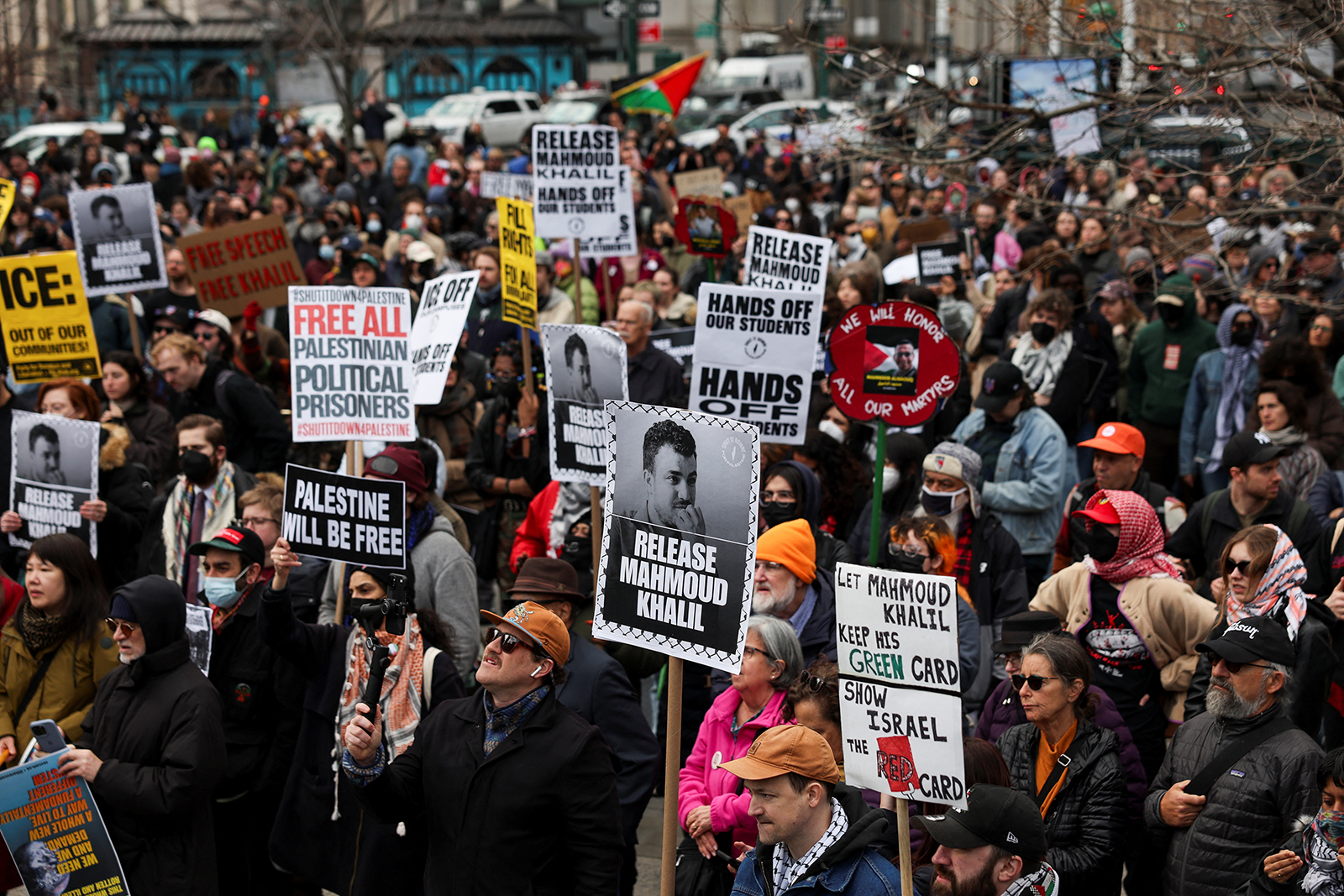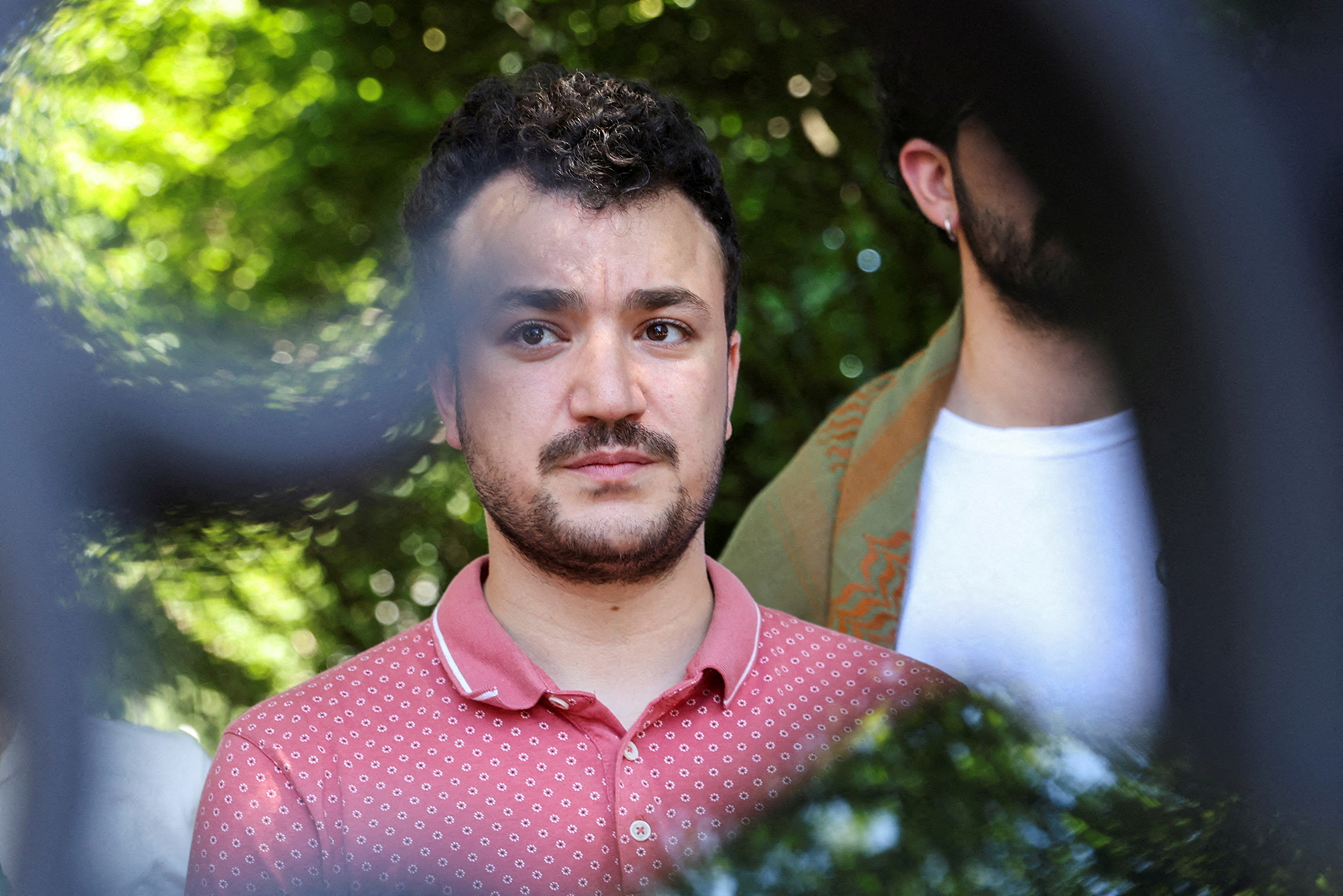Susanna Granieri is a recent graduate of the Columbia University Graduate School of Journalism. Her past internships include writing for the Legislative Gazette, an Albany-based newspaper focused on legislation, policy and politics; and working as an Immersion Fellow at the Mississippi Center for Investigative Reporting, where she investigated the use of faulty forensic science in death penalty convictions in Mississippi and nationally.


Daniel’s Law and a Constitutional End to Publishing News Stories Containing a Home Address
In mid-June 2025, New Jersey’s high court prevented a journalist from reporting a newsworthy truth that he had learned from the government itself.
Legal Scholar Gloria J. Browne-Marshall on Her Book ‘A Protest History of the United States’
In an interview, Browne-Marshall discussed the criminalization of protest despite First Amendment protections and why protesters need to find ways to maintain their message and influence public opinion.
Florida’s Attorney General Targets a Restaurant Over an LGBTQ Pride Event
It was targeted even though a recent state law that restricts venues from admitting children to “adult” performances has been blocked by courts.
Picture an Execution: The First Amendment and the Spring 2025 Push for Death Chamber Access
Journalism’s fight for access has ramped up because, as the Louisiana and Indiana executions show, the death penalty itself could be ramping up. The escalation is happening on the federal level too.
FIRE’s Robert Corn-Revere on Trump’s ‘Election Interference’ Suit Against Pollster
In an interview, Corn-Revere, Selzer’s attorney, discusses the First Amendment issues in this case and outlines why filing this lawsuit under the “consumer fraud” statute is meritless.
ACLU’s Esha Bhandari on Trump’s Alleged Targeting of Pro-Palestinian Viewpoints
Bhandari expressed that all Americans, regardless of their viewpoint, should be concerned with the Trump administration’s actions and its chilling of speech.
FPF’s Seth Stern on the Controversy Around WIRED’s Reporting on DOGE
In an interview, Stern described the free speech issues that may arise from Musk’s roles as a social media platform owner and advisor to the president.
Columbia University Student and the US Government Spar Over His Detention in Louisiana
In court papers over the weekend, lawyers for the Justice Department also blamed his move on overcrowded facilities in the Northeast.
